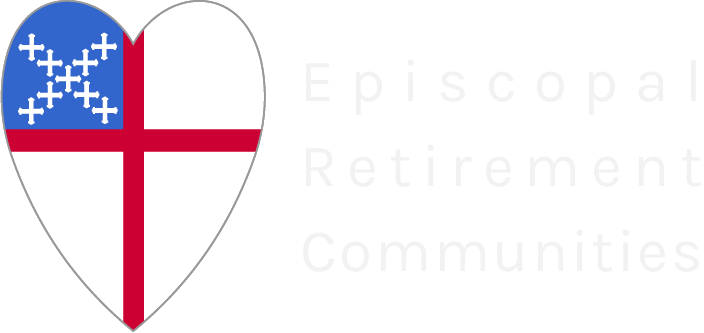
What Paperwork do you Need?
Paperwork. Lovely, lovely, paperwork. At your typical 9-5 and for most anything in your adult life, you are probably well acquainted with paperwork. Well that’s all in the past, because you’re retired now, no more paperwork! Right?
No such luck.
In that case, at the least, what paperwork do we need, as we reach our twilight years?
Besides all the standard documents we have been accumulating, birth certificates, insurance and financial details, social security, medical history, and everything in between, surprise surprise! There is still yet more paperwork we need. In general, the paperwork you will need later in life falls under three categories: About your financials and legal rights, about your health should something happen, and about what happens to you and your possessions after you pass.
Regarding your legal and financial control, there are a variety of Power of Attorney (PoA) documents that essentially puts all of that responsibilities into the hands of someone else. It’s important to make sure that whoever you do end up choosing is someone you trust, that will make decisions with your best interests in mind, and is willing to fulfill the responsibility. There are a few different types of PoA such as Durable, General, Special, and Springing. Which type to use depends on your situation. The most impactful one is the Durable PoA, which allows the agent to act on your behalf even if you become incapacitated. Whereas the General PoA ends if you become incapacitated. Special tends to be for a specific tasks, such as, authorization to sell your home. And Springing, tends to becomes effective only when a specified event occurs such as when the principal becomes incapacitated or is deployed oversees.
As far as your wellbeing and healthcare are concerned, there are a few different types of documents. The advanced directives, sometimes referred to as the ‘green sheet,’ is a document that outlines detailed instructions of your preferences for medical care, specifically regarding manners such as extensive and invasive life preserving measures. (Such as resuscitation, intubation, life support, etc.) This is the document handed off to the EMTs should a medical emergency befall you. Another major document is the Health-Care PoA, which, similar to the financial and legal PoAs, which gives someone else the authority to make medical decisions on your behalf. However, this can only take effect when immediate family, the hospital, or the attending physician determine that you’re not in a proper state to make them yourself.
And then there’s the matter of your end-of-life and estate planning documents. It can seem overwhelming, confronting the idea of your passing, but doing so now will save your loved ones the extra added burden of stress of dealing with all the complicated, and often expensive, legal matters. Documents such as a Will and end-of-life instructions (also known as your funeral/burial request) can go a long way towards easing that stress. These will dictate your wishes for your funeral, memorial, and burial, as well as make financial arrangements to cover the costs. They will also determine what to do with your possessions, and who the beneficiaries are. When these documents are not ready, the arrangements must be made in agreement with all your living relatives, and can often lead to disagreements and disputes. And sometimes if there is no valid Will, the court may step in and decide how an estate will be divided.
We all wished we were done with paperwork, but sadly that’s probably never going to change, and that extra paperwork we are now saddled with, is not on the most heartwarming topics either. But having it goes a long way towards serving your best interests, and keeping everyone out of excess hassles before matters get tough.

